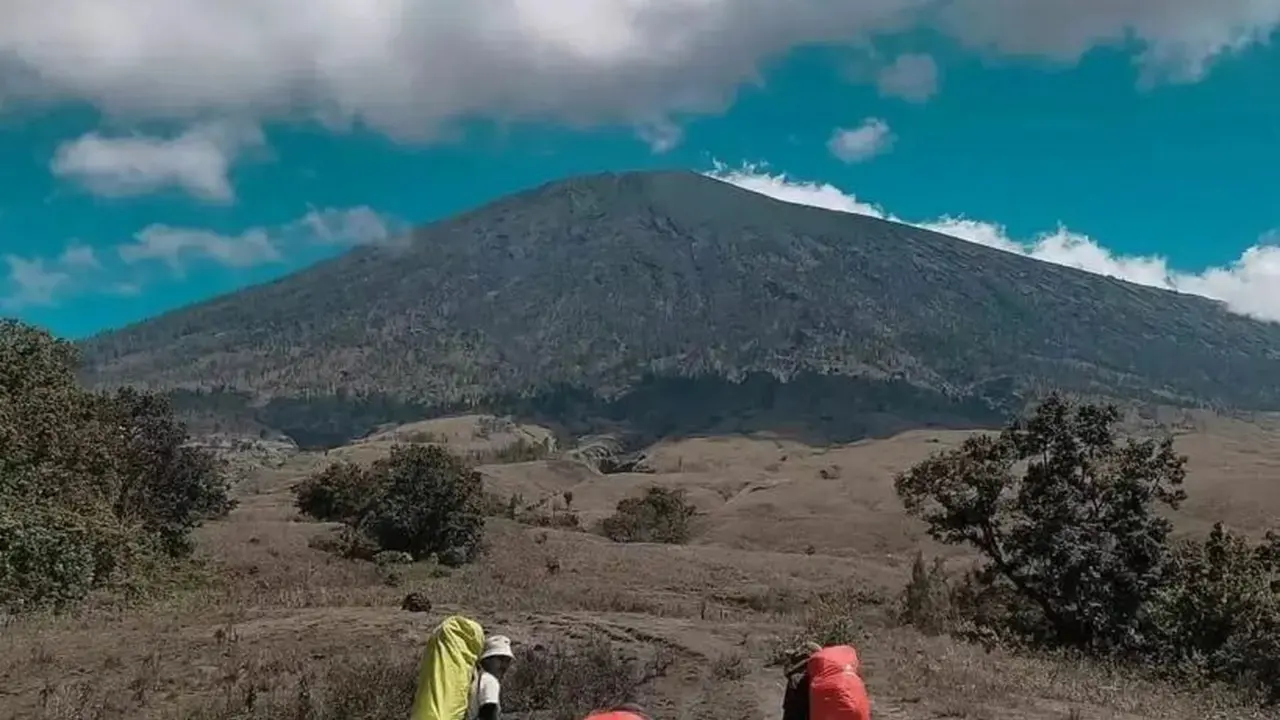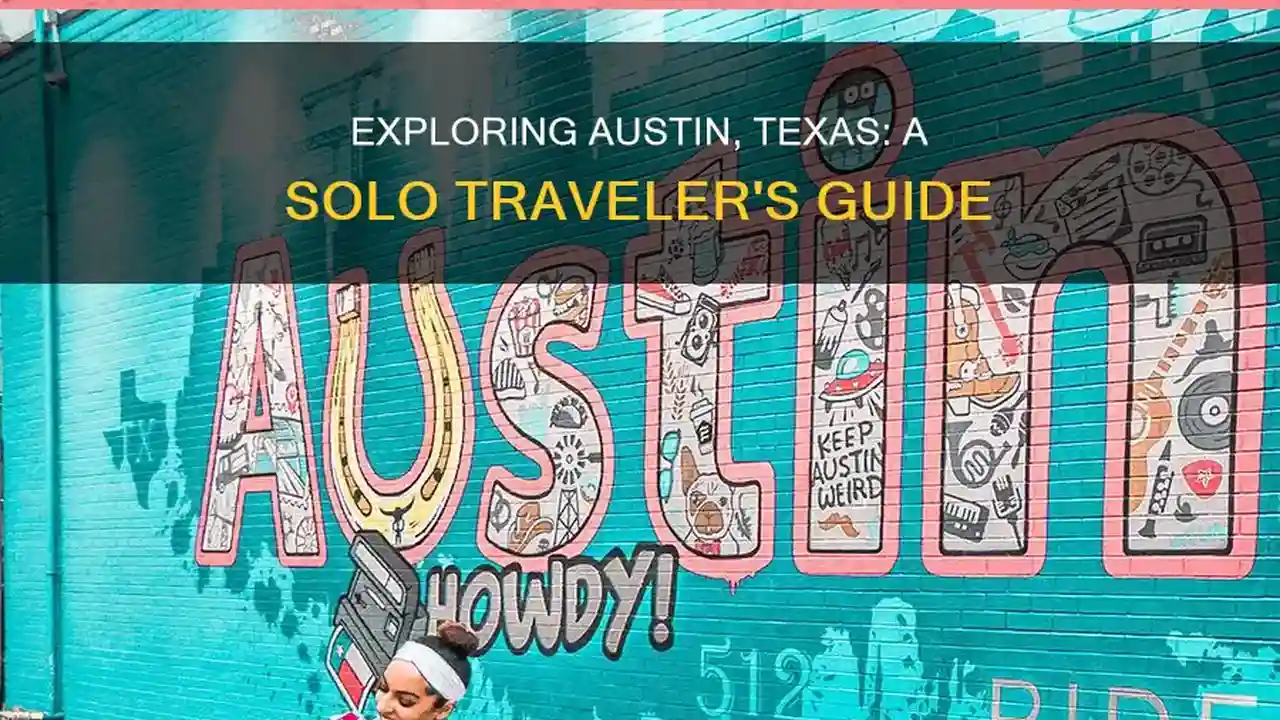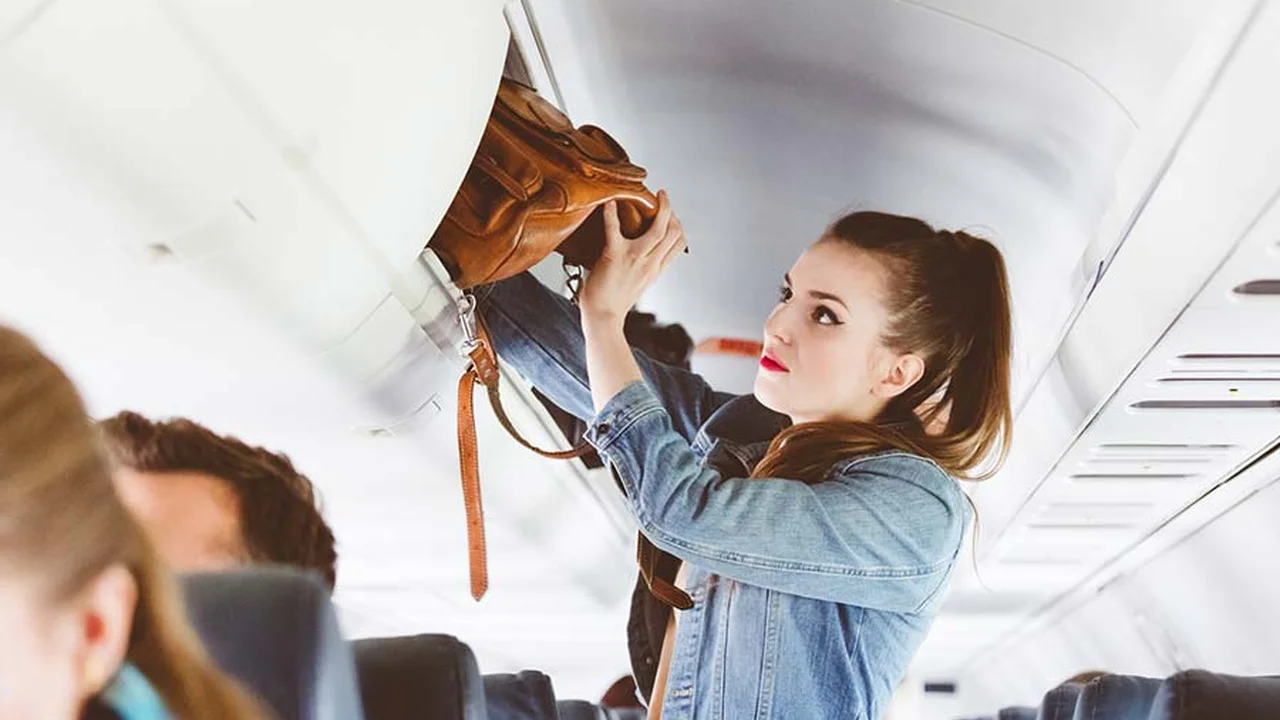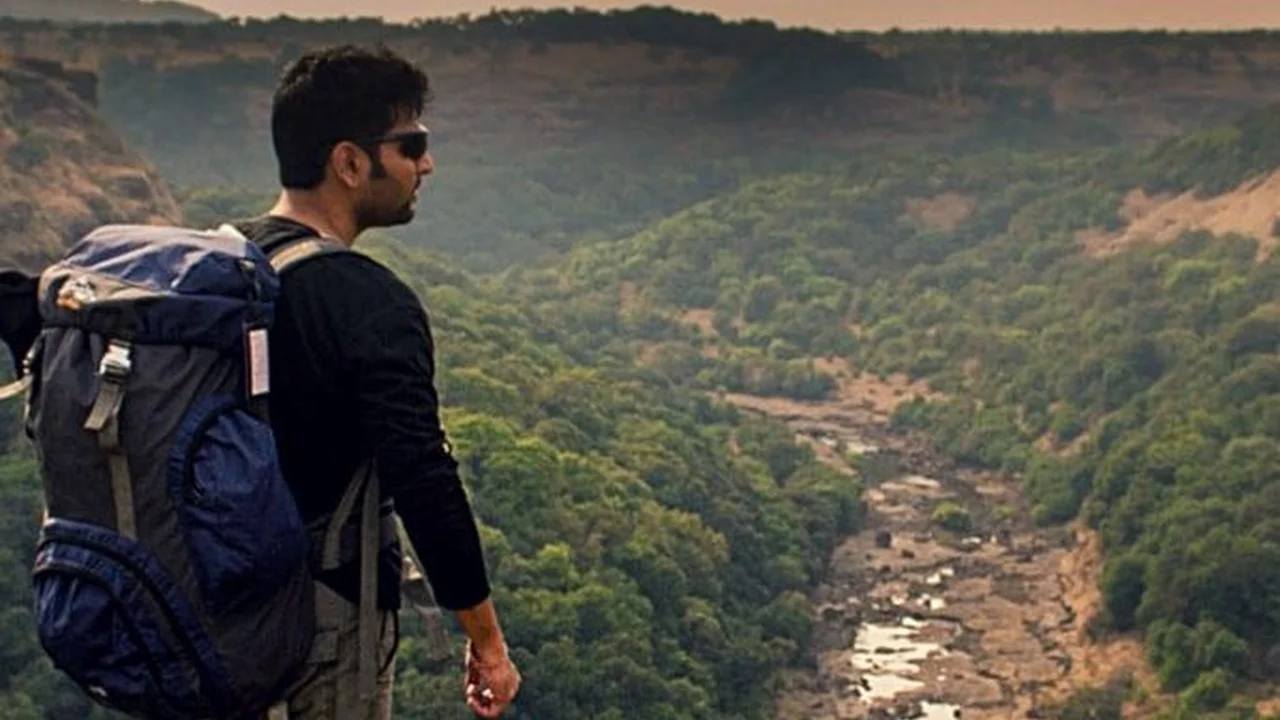Emergency Contacts Solo Travel Preparation
Plan your solo adventure with confidence. This guide emphasizes the importance of emergency contacts and documentation. Ensure you are prepared for unexpected situations.
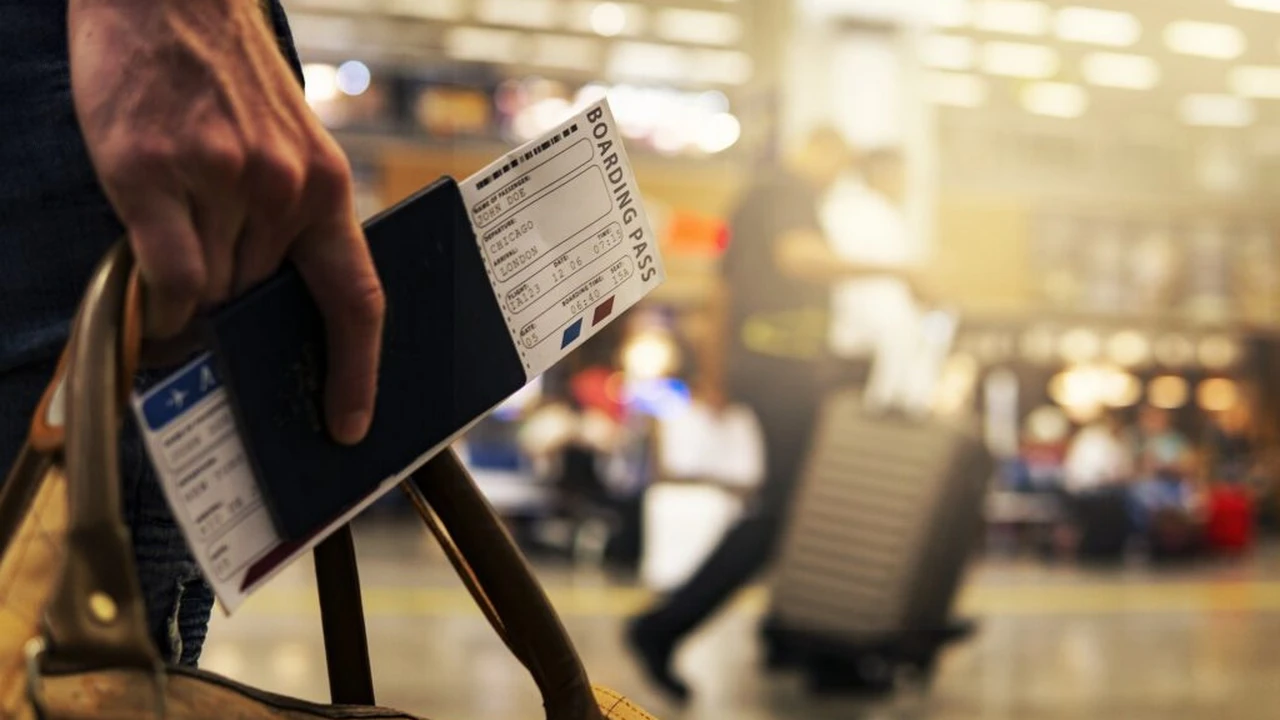
Why Emergency Contacts Matter Solo Travel Safety
Okay, let's talk about something that might not be the most exciting part of planning your solo trip, but it's definitely one of the most important: emergency contacts. Think of it as your safety net, your lifeline if things go sideways. When you're exploring a new country, especially alone, having someone back home who knows your plans and can be reached in case of an emergency is crucial. It's not about being paranoid; it's about being prepared and responsible.
Choosing Your Emergency Contacts Reliable Support Network
So, who should you choose? Don't just pick anyone. Think about people who are reliable, responsible, and who you trust implicitly. Ideally, you want at least two emergency contacts. Why two? Because things happen. One person might be unavailable, traveling themselves, or simply unable to help at that moment. Having a backup is always a good idea. Consider family members, close friends, or even a trusted colleague. The key is that they should be someone who knows you well, understands your travel style, and is willing to act on your behalf if needed.
Information to Share Before You Go Detailed Travel Itinerary
Before you jet off, make sure your emergency contacts have all the necessary information. This isn't just a phone number; it's a comprehensive overview of your trip. Here's a checklist:
- A copy of your itinerary: This includes your flight details, accommodation addresses, and planned activities. The more details, the better. Even a rough outline is better than nothing.
- Copies of important documents: Passport, visa (if required), driver's license, travel insurance policy – all scanned and shared electronically. You should also carry physical copies in a separate location from your originals.
- Contact information for your accommodation: Phone number, address, and any booking reference numbers.
- Emergency contact information for your embassy or consulate: This is crucial, especially if you're traveling to a country with political instability or a high crime rate.
- Your travel insurance details: Policy number, contact information for the insurance company, and details of your coverage.
- Any medical information: Allergies, medical conditions, medications you're taking. Consider wearing a medical ID bracelet or necklace, especially if you have a serious medical condition.
- A communication plan: How often will you check in? What's the best way to reach you? Will you have access to Wi-Fi or a local SIM card?
Documenting Everything Passport Copies and Digital Storage
Speaking of documents, let's dive a little deeper into that. It's not enough to just tell someone you have a passport; they need a copy. And you need copies too. Here’s the breakdown:
- Physical Copies: Make at least two copies of your passport. Keep one in your main luggage and another in a separate bag or hidden compartment.
- Digital Copies: Scan your passport and save it to a secure cloud storage service like Google Drive, Dropbox, or iCloud. Make sure you can access it from anywhere in the world. Also, email a copy to yourself.
- Other Important Documents: The same goes for your visa, driver's license, travel insurance policy, and any other important documents.
Specific Product Recommendations for Document Storage and Communication
Okay, let's get practical. Here are some specific products and services that can help you stay organized and connected:
Secure Cloud Storage: Google Drive vs Dropbox Solo Traveler Data Protection
Both Google Drive and Dropbox are excellent options for storing digital copies of your documents. Google Drive offers 15GB of free storage, while Dropbox offers 2GB for free (you can earn more through referrals). Both allow you to access your files from any device. Google Drive integrates seamlessly with other Google services, which can be convenient if you already use Gmail, Google Docs, etc. Dropbox is known for its user-friendly interface and excellent file syncing capabilities. The price for additional storage is comparable, typically around $10-$12 per month for 1TB.
Travel SIM Cards: KnowRoaming vs Google Fi Solo Travel Connectivity
Staying connected is crucial. Consider a travel SIM card or an international roaming plan. KnowRoaming offers a sticker that you can apply to your existing SIM card, which automatically switches to local networks when you travel. It's a convenient option if you don't want to deal with swapping SIM cards. Google Fi is a more comprehensive option that provides international data coverage in over 200 countries. It's a bit more expensive than KnowRoaming, but it offers seamless connectivity and a single phone number that works everywhere. KnowRoaming stickers start at around $10, while Google Fi plans start at $20 per month plus data usage.
Portable Wi-Fi Hotspots: GlocalMe vs Skyroam Solis X Global Internet Access
If you need reliable internet access but don't want to rely on public Wi-Fi, a portable Wi-Fi hotspot is a great investment. GlocalMe and Skyroam are two popular brands. GlocalMe offers pay-as-you-go data plans, so you only pay for what you use. Skyroam Solis X offers both pay-as-you-go and subscription options and also functions as a power bank. GlocalMe devices typically cost around $150-$200, while the Skyroam Solis X costs around $180.
Emergency Funds and Accessing Money Unexpected Situations
Let’s not forget about money. Having access to emergency funds is vital. Here's how to prepare:
- Emergency Cash: Carry a small amount of local currency in cash, hidden separately from your main wallet. This is for situations where you can't use a credit card or ATM.
- Multiple Credit Cards: Bring at least two credit cards from different providers (Visa, Mastercard, American Express). This ensures you have a backup if one card is lost, stolen, or blocked.
- Inform Your Bank: Tell your bank and credit card companies about your travel plans. This will prevent them from blocking your cards due to suspicious activity.
- Mobile Banking Apps: Download your bank's mobile app so you can easily check your balance, transfer funds, and report a lost or stolen card.
- Emergency Contact with Access to Funds: Designate one of your emergency contacts as someone who can access your bank account or send you money if needed. Share the necessary information (account number, routing number, etc.) securely.
Staying Connected Communication Strategies for Solo Travelers
Communication is key. It's not just about having the right phone; it's about having a plan. Here’s what to consider:
- Local SIM Card: Purchasing a local SIM card is often the cheapest way to stay connected. You can usually buy one at the airport or in a local phone store.
- International Roaming Plan: Check with your mobile carrier about international roaming options. This can be convenient, but it's often more expensive than a local SIM card.
- Wi-Fi Calling: Use Wi-Fi calling apps like WhatsApp, Skype, or FaceTime to make calls and send messages over Wi-Fi.
- Pre-arranged Check-in Times: Establish regular check-in times with your emergency contacts. This will give them peace of mind and allow them to raise the alarm if they don't hear from you.
Health and Medical Information Essential Preparedness
Your health is paramount. Before you leave, take these steps:
- Visit Your Doctor: Schedule a check-up and discuss any necessary vaccinations or medications.
- Pack a First-Aid Kit: Include essentials like bandages, antiseptic wipes, pain relievers, diarrhea medication, and any prescription medications you take regularly.
- Research Local Medical Facilities: Identify hospitals and clinics in the areas you'll be visiting. Save their contact information in your phone.
- Translate Medical Information: If you have any serious medical conditions, translate your medical information into the local language.
Legal Considerations and Emergency Procedures
Finally, be aware of the legal system in the countries you'll be visiting. Here's what you need to know:
- Local Laws and Customs: Research local laws and customs before you go. Be aware of any cultural sensitivities or potential legal pitfalls.
- Emergency Numbers: Know the local emergency numbers (police, fire, ambulance).
- Embassy Contact Information: Keep your embassy's contact information readily available. They can provide assistance if you're arrested, have your passport stolen, or encounter other legal problems.
- Legal Representation: In a worst-case scenario, know how to access legal representation. Your embassy can provide a list of local lawyers.
Staying Informed and Aware
Preparation is key, but so is staying informed. Keep up-to-date with local news and events. Be aware of any potential risks, such as political unrest, natural disasters, or health epidemics. The more informed you are, the better prepared you'll be to handle any situation that comes your way.
So, there you have it. Preparing for emergencies isn't the most glamorous part of travel, but it's essential for ensuring a safe and enjoyable solo adventure. By taking these steps, you can travel with confidence, knowing that you're prepared for anything.
:max_bytes(150000):strip_icc()/277019-baked-pork-chops-with-cream-of-mushroom-soup-DDMFS-beauty-4x3-BG-7505-5762b731cf30447d9cbbbbbf387beafa.jpg)



